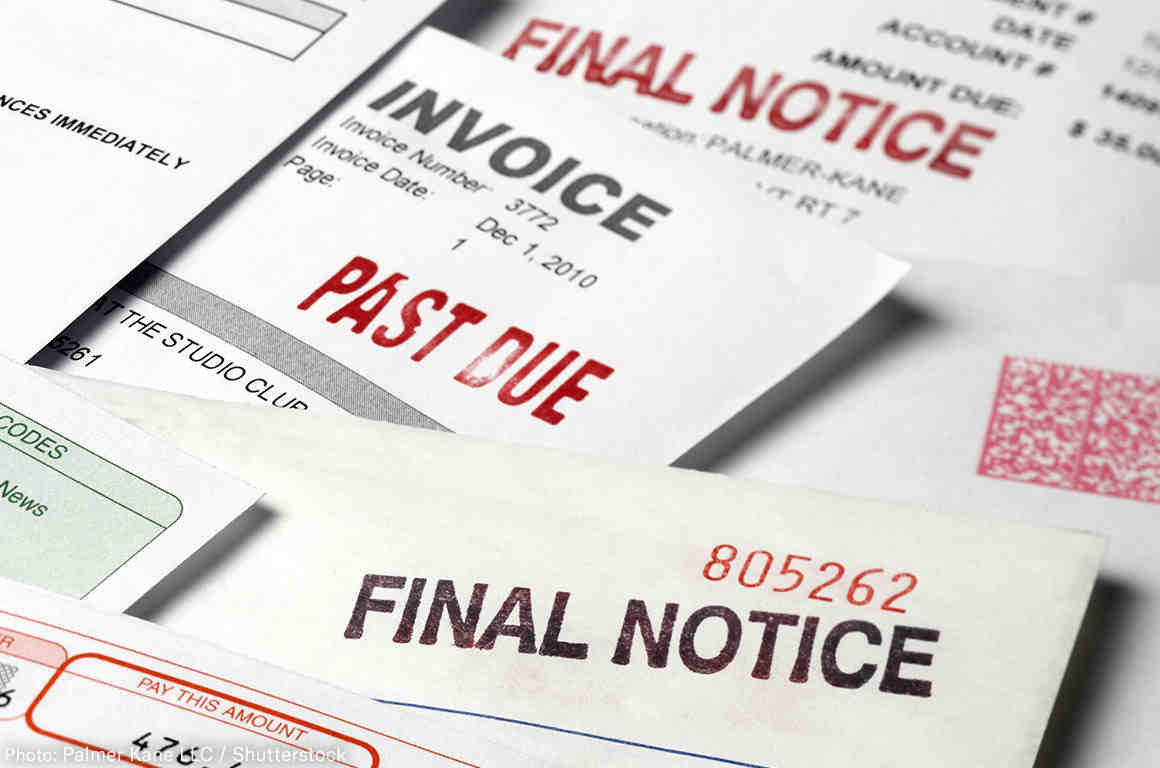Suppose your phone rings, and you get a call from your debt collector who asks you about an unpaid student loan or a credit card debt or medical debt! How would you react immediately? Would you disconnect the phone or answer patiently?
A call from a debt collector is something that most consumers dread, but if they’ve defaulted on their financial payments, they’re bound to get this dreaded call once (or even more than earlier) in their lifetime. If you’re already drowning in debt and you decide to take out a cash advance online from online resources like OnlineCreditUSA.com, you can certainly do so as cash advance lenders don’t check your credit score. However, not being able to repay the loan on time will transfer the deal to a debt collector. So, you can’t avoid the spell of a debt collector unless you’re timely with your payments.
The task of a debt collector is to enquire about a specific debt amount and assign a definite time limit within which you’ll be asked to pay back the amount because you’re already delinquent on the same. But what is so irritating about debt collectors?

Why are debt collectors always in the bad books of consumers?
Did you know that every year consumers file more than 45,000 complaints against debt collectors with the FTC? It is because the debt collectors often take resort to illegal tactics like threatening debtors, calling their employers and informing about the sorry state of finances to their neighborhood, which is all against the law. It happens when consumers need to get serious about the steps that they should take for addressing substandard marketplace behavior. Here are a few steps to take:
- Inform yourself on the rights
You have to know that the FTC or US Federal Trade Commission has got numerous publications that are designed to inform customers regarding their rights under the Fair Debt Collection Practices Act. Any nuisance phone calls where debt collectors harass you or use abusive language should report to the CFPB and the office of the state attorney general.
- Raise your head above the sand
If you receive court notices regarding debt lawsuits, don’t ignore them. As per the law, consumers can send requests for verifying debt within a month of being contacted by the respective debt collector. However, if the debt is not yours, don’t dawdle about it. There are times when debt collectors can add harmful and wrong information on your credit report. So, stay wary.
- Get yourself a consumer lawyer
In case you’re served with a lawsuit notice, you should immediately hire an attorney who is an expert in consumer law and who can represent you at the court. For more details on the attorney, you may check out the page of the National Association of Consumer Advocates. You also have to check whether or not, based on your state, the statute of limitations has expired. Be aware, if you are represented adequately at the court, your chances of getting a lawsuit dismissed are higher.
- Get everything in writing
The agreement that you make regarding your debt collection payments should be secured in writing and also signed by the assistant of the debt collector before you send in any further payments towards your debt. This way, you can avoid discrepancies in the future.
Hence, whenever you’re at the receiving end of unjust and illegal behaviour from a debt collector, rather than tolerating the same, take the steps mentioned above. Unless you exercise your rights, you won’t be able to find a justification for these wrongdoings.
